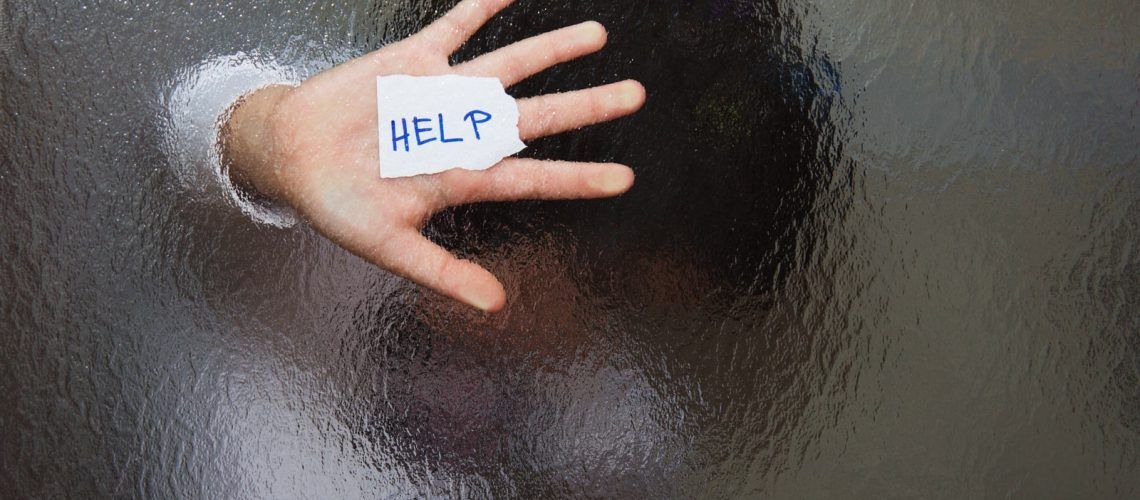When someone becomes a medical professional, they are charged with their health and wellbeing. This often goes beyond the area of medical specialty with which they work. These individuals are also charged with keeping an eye out for neglect and abuse cases in their most vulnerable patients. The elderly, the disabled, and the very young fall into this category. These groups are more susceptible to being victims of abuse than any other group. As a result, medical professionals, including dentists, are charged with reporting any suspicions they may have of mistreatment of these individuals.
How Your Dentist Protects Their Most Vulnerable Patients
The specific classification that holds these individuals responsible for reporting neglect and abuse cases is “mandatory reporter.” The term mandatory reporter describes a range of professions required by law to report suspected abuse. Dentists are included under this classification and can observe certain indicators that other professions can miss. Their vested interest in the well-being of their patients ensures that they are conscientious about reporting these suspicions. While there is no need for them to prove that abuse or neglect is happening, they can be fined for not reporting it. The signs that dentists typically watch for in their patients include:
- Physical Abuse – There are signs of physical abuse that, while common, are often difficult to detect. These indicators are often hidden within the oral cavity. While a split lip is openly visible to any observer, they can miss the hidden wounds within the mouth. Dentists will look for cuts to the cheek or gums, fractured teeth, or teeth that have been knocked out. These often occur when the patient is struck in the face during an abusive episode.
- Sexual Abuse – There are few physical indicators of sexual abuse visible to dentists. However, the appearance of oral or perioral (near the mouth) gonorrhea is a strong indicator. This sign typically takes the form of sores in or around the mouth.
- Physical Neglect – Those who have experienced physical neglect may appear malnourished or dirty. They often have advanced cases of oral decay and gingivitis or periodontitis. They also typically have medical issues that haven’t been properly seen.
- Emotional Abuse – Emotional abuse often doesn’t have any physical signs. However, there are clear indicators that the patient has been subjected to this abuse. They may rock back and forth, sucking their thumb, or get nervous anytime they think they did something wrong. Further, they may take inappropriate responsibility for their younger siblings.
These are the most prominent indicators that a vulnerable patient has been experiencing some degree of abuse. Dentists who observe these signs will likely report them to the appropriate agencies for investigation.
If You See Signs Of Abuse, Make The Call
Many people are hesitant to reach out when they see signs of abuse. They may think it’s none of their business, or someone else will report it. It’s only by getting involved that we can all put an end to the mistreatment of these vulnerable individuals. Reach out to your local agency if you think you see signs of abuse.

